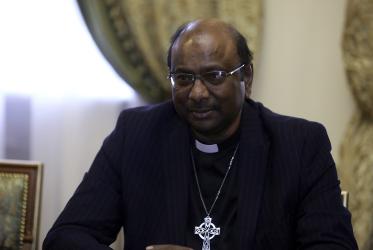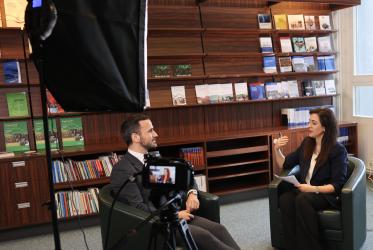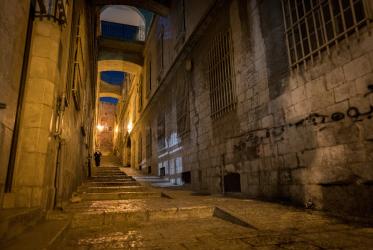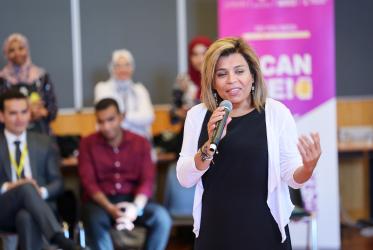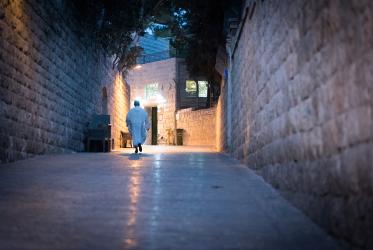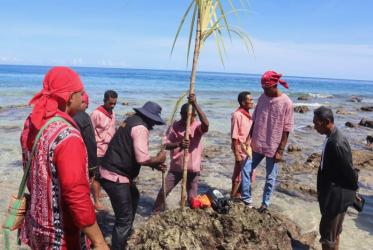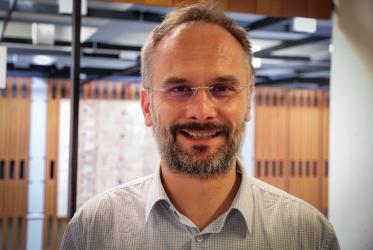Displaying 101 - 120 of 1005
In Armenia, WCC general secretary speaks for justice
22 September 2023
Ecumenical delegation visits Armenia
19 September 2023
Exhibition “Bethlehem Reborn – Palestine – The Wonders of the Nativity”
08 September 2023
Chateau de Bossey thriving as lives are transformed
08 September 2023

